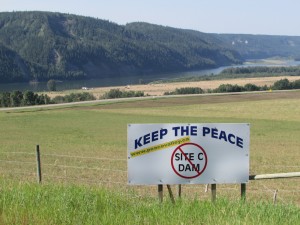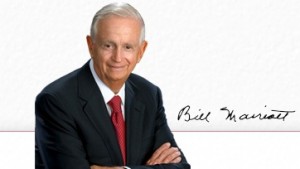Recently I read an article regarding ‘Five Below‘ as the fastest growing teen retailer. This company sells a variety of products, ranging from “tech accessories and sporting goods to party supplies and bedroom decor,” and it has expanded quickly from 82 locations in 2008 up to 366 locations now. This rapid growth may be result of the company’s successive adaption to one of Porter’s strategy: low cost focus strategy.
The low cost focus strategy can be easily identified in the advert posted above: they are specifically targeting teenagers (there are a bunch of teenagers smiling) and it also claims that all prices will not exceed $5 ceiling. This is a really powerful strategy as most teenagers only have a limited amount of pocket money, and a low cost strategy is perfect for them. Five Below also attracts them through positioning their products as “coolest, trendiest, and highest quality stuff,” which seems to be exactly what teenagers look for. In my point of view (and from experiencing teen years myself), I think teenagers place trendiness and coolness among their top priorities: they always want to fit in, and be accepted as a ‘normal’ individual (following social norms). Therefore I think good use of porter’s strategies along with correct positing of the firm can have really promising results, with Five Below as an example.
However, I also recognize that this success may only be for short run period: low cost goods are great, however I notice that among the newer generations, teenagers are starting to have increased wealth: they are starting to look for better quality or branded goods ,and it may be no be ‘trendy’ to buy cheap things. As this mindset evolves, Five Below may hit an expansion peak soon and will need to adopt another strategy. Having everything below $5 may also become a challenge for the company as inflation in the economy is inevitable: “a dollar received in the future is less than a dollar on hand today”. As costs and prices rise within the firm, Five Below may have to adopt another slogan or even change its firm name (leading to constant change) which may lead to unsatisfied consumers as they feel their real income is decreasing. Hence although the strategy and positioning of the firm may seem very successful now, I think Five Below is bound to change its strategy in the future for sustainable growth. As other entrepreneurs notice Five Below’s success, they may also adapt the same strategy and increase rivalry in the industry, which may result as a deadly threat against Five Below.
Related articles:
- http://www.buzzfeed.com/sapna/meet-five-below-americas-fastest-growing-teen-retailer
- http://www.bloomberg.com/news/2013-06-10/five-below-soars-on-teen-shopping-craze-post-zany-brainy.html

 S
S